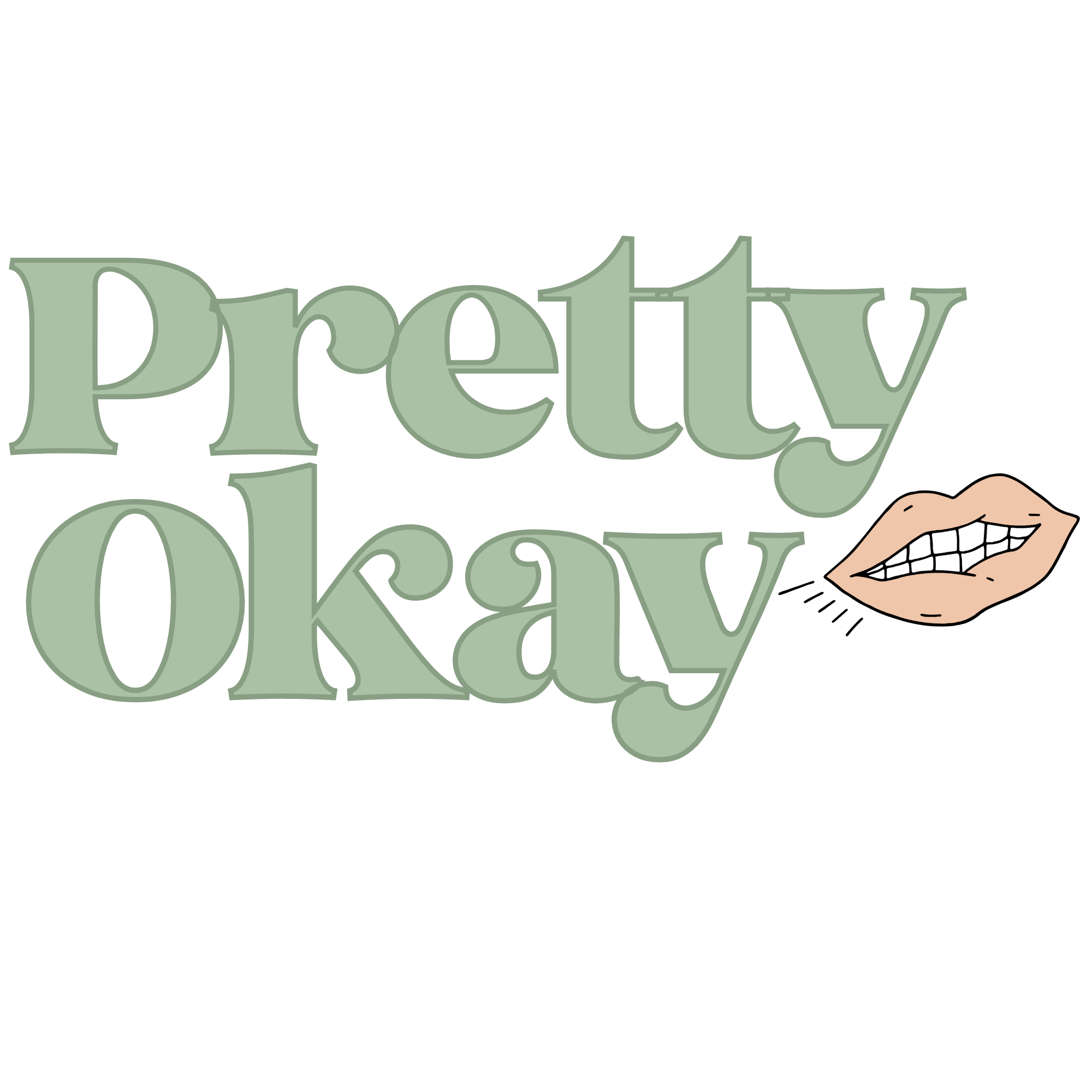How To Launch A Business Without Losing Your Goddamn Mind: Pt 3: Infrastructure 101
Recap:
Do I need insurance?
YES. 99.9% of businesses need insurance.
General liability – can protect your business against claims for bodily injury or property damage to a third party resulting from business activity (i.e. your products or services, visits to your home, etc.)
Product liability – can protect you if your business manufactures products, which can potentially cause damage or injury.
Professional liability – also known as errors & omissions insurance it can protect your business in the case of harm due to mistakes or negligence.
Yes, LLCs also need additional insurance. An LLC creates a divide between your personal assets and your business's. This means that even if you face a lawsuit, your personal assets should be safe. Your LLC can still be sued and be liable for huge sums of money, which is why it's still smart to carry liability insurance policies such as general liability insurance and errors and omissions insurance.
Licenses
"Doing business as" license or permit. If you'll be running your business under a fictitious business name (also known as a DBA name), your state may require you to register your business name.
Sales tax permit. If your business sells goods, whether online or offline, and your state requires you to collect sales tax, you may be required to obtain a business permit usually known as a sales tax permit or a seller's permit.
Home occupation permit. A home occupation permit applies to home-based businesses. If you plan on operating your business from within your home, check with your city or county to see if a home occupation permit will be required.
Professional/occupational licenses. Specific types of businesses or businesses in particular industries may require special professional or occupational licenses; the types of businesses or industries will vary from state to state.
Health permits. Certain businesses such as those which involve the preparation and handling of food may require health permits.
Environmental permits. Many state and local governments require certain businesses to obtain special pollution control permits.
Physical + Technical:
Where are you going to store your physical product?
How are you going to fulfill and ship orders?
Branding and packaging experience
Accounting and invoicing software
Email marketing platforms to start capturing contacts and build your list ASAP
Project management tools
Contracts
Some people’s brains are absolute chaos and they should not base any organizational system off of it.

